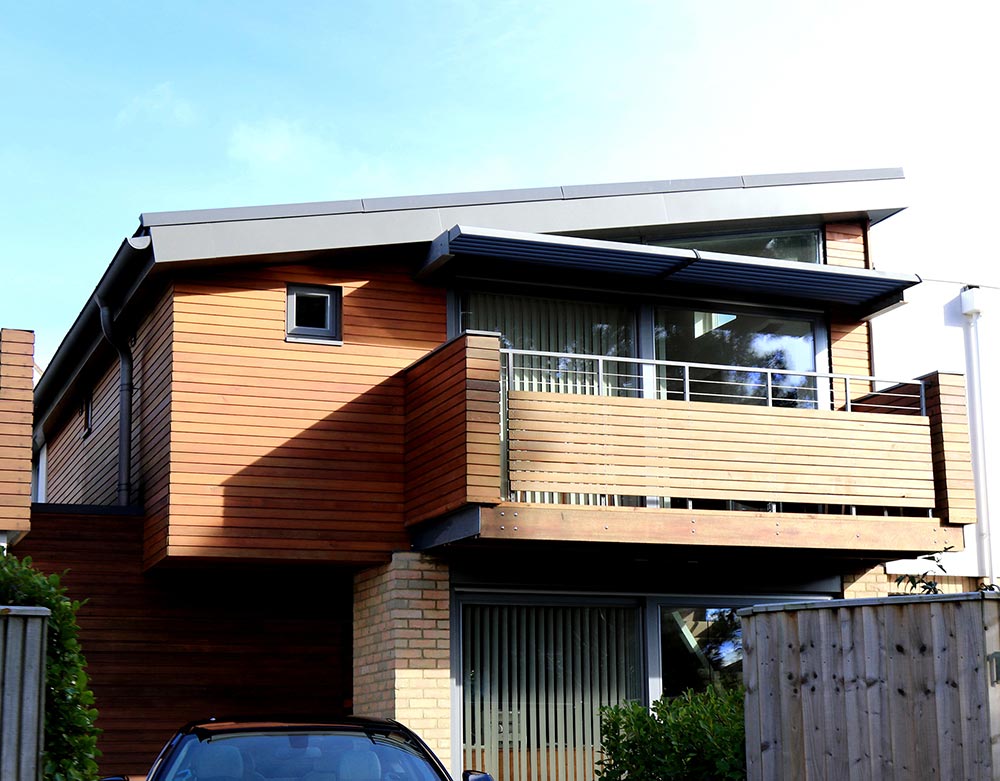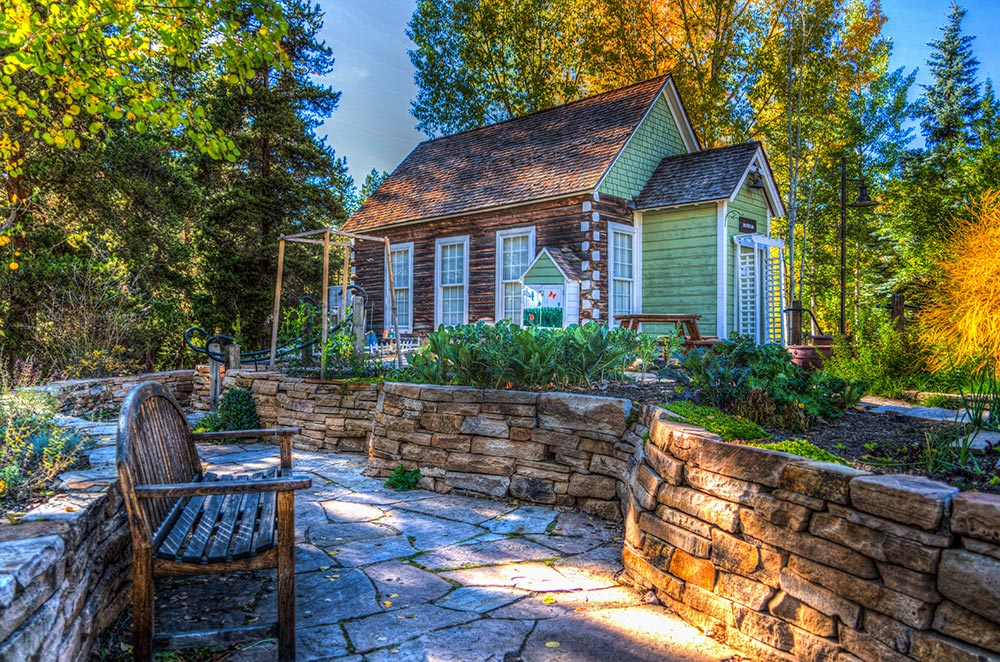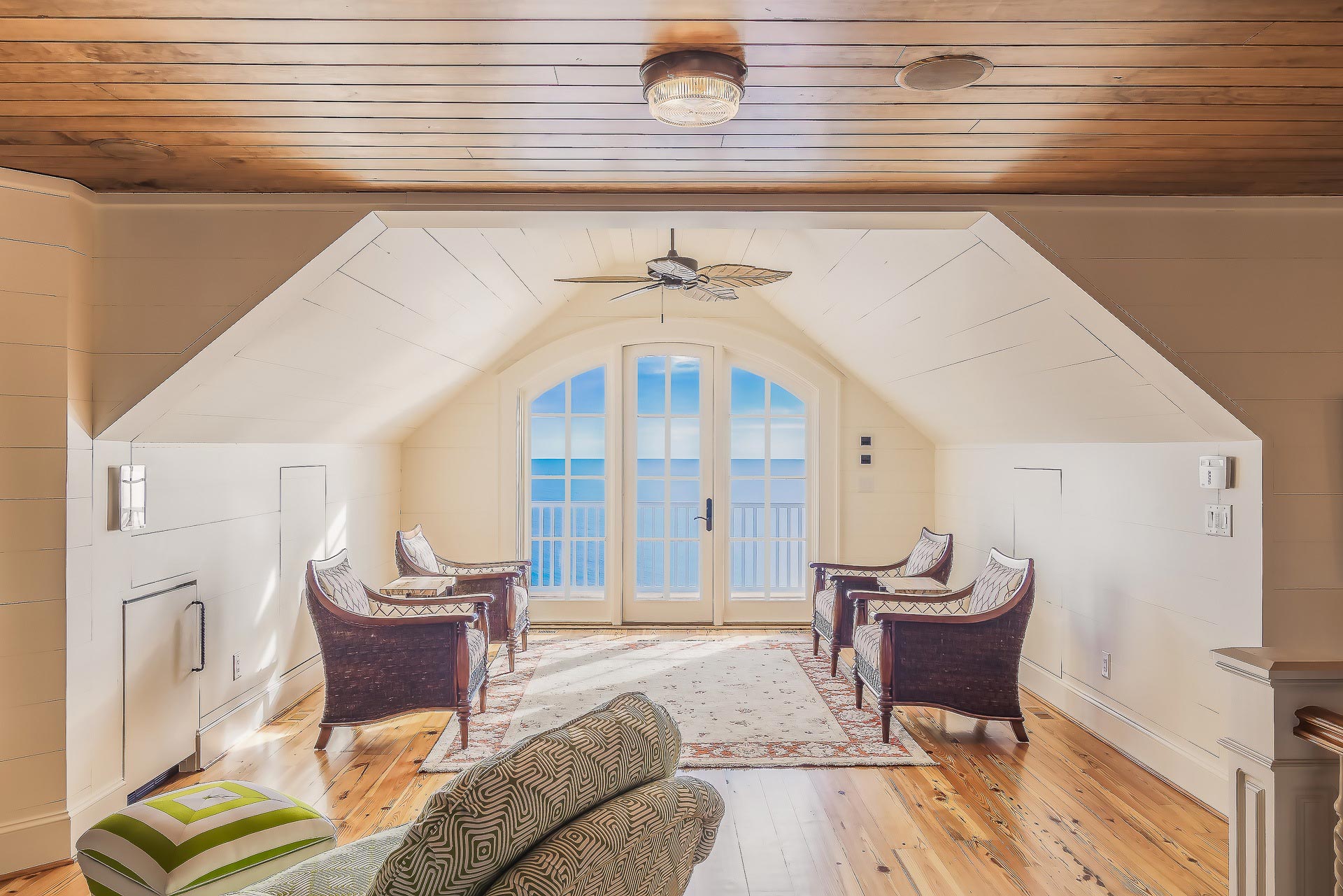Are you looking to add an apartment or a second dwelling on your property? Are you looking for rental income from your property? Do you want to increase the value of your property?
You may want to consider taking advantage of the change in the San Diego’s zoning codes that allows you to add a second unit, called an Accessory Dwelling Unit, to your property.
At Ruland Design Group (RDG), we are focused on helping you maximize the value of your property and also helping create affordable housing by increasing the number of smaller rentable units county wide.
What is an Accessory Dwelling Unit?
Accessory Dwelling Units (ADU) are defined as a second dwelling on a residential, single family property. Essentially they are a secondary living space that can be added to almost any residential property. The two structures are located on the same property and cannot be sold separately.
There are many terms used over the years for these additional units, including a granny flat, casita, guest house, in-law suite, carriage house, garden cottage, studio apartment, tiny house, and more.
The recent changes in zoning codes in San Diego makes it easier than ever to add an additional dwelling onto your property. These dwellings include apartments over the garage, attached to the house, or free-standing units.
The new zoning code allows these units to have a full kitchen. Since their size is only limited by the size of the primary residence, the ADU can be larger than a traditional granny flat. The best news? With the full kitchen, you can legally rent out the second unit.


Getting Started
There are two phases to build an ADU, the design phase and the construction phase. Our experienced team at RDG guides you through every step to ensure a positive experience.
In the design phase, it is critical to understand your vision, funding, and scope of your project. The planning phase kicks off the process and lasts until the permits are obtained and you are ready to break ground.
We take you through the process, guiding you and taking care of the details, starting with the design phase.
Steps in the design process:
- Evaluate options of where your ADU will go. Do you want to build a studio over your garage, or a free-standing unit in the backyard?
- Research the feasibility of adding a unit to your property, from structure analysis, to identifying the municipal codes, zoning codes and obtaining the required permits. It is important to select a team who will listen to your vision and preferences while helping guide the process based on their experience and ADU expertise.
- Determine your budget as this will help identify the scope, size, and details of the project. If you need assistance, we can recommend lenders and financing options that our clients have worked with over the years.
- Draft schematics based on your goals, design preferences, property, budget and any additional considerations that need to be taken into account.
- Select a general contractor, electrician, and plumber. We have experience working with many general contractors around San Diego County. If you don’t have one, we are happy to help with this selection process.
- Finalize the design and schematics with your approvals.
- Submit the design and schematics to the city for the required building permits.
When we have the permits in hand, you’re ready for construction to begin!
Benefits to Building an ADU on Your Property
There are many benefits to add a second unit to your property. An ADU will increase the value of your property while allowing you to earn money by renting it out. Between full-time renters and options like Air BnB, your unit can generate revenue for you as soon as it is completed.
In addition, ADUs help our community by offering more affordable housing options for San Diegans. So you can increase your property value and earn money while helping others.
Contact our team today for a free consultation about adding an ADU to your property!


